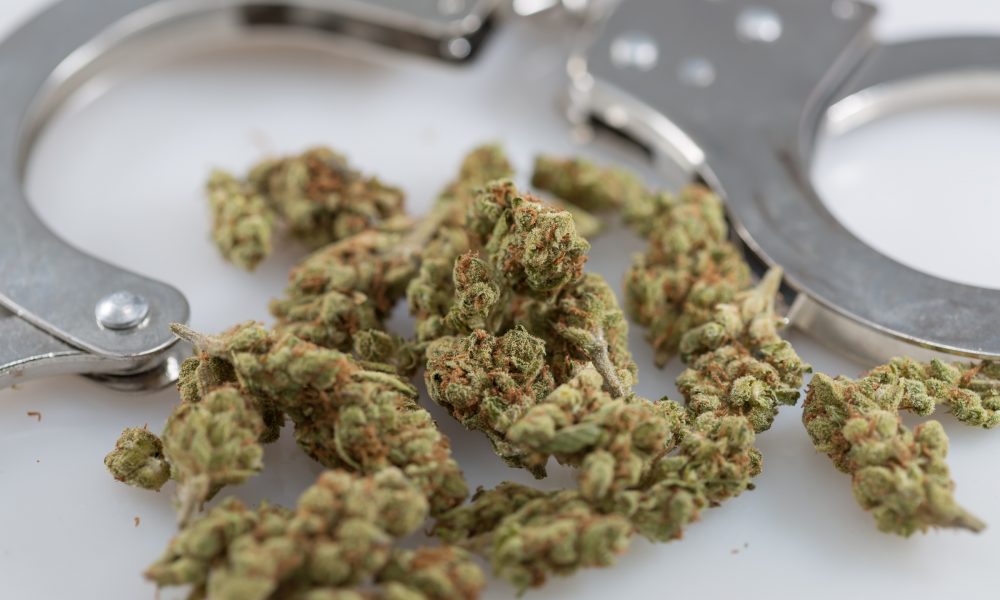Texas officials in several cities have moved to overturn or undercut local marijuana decriminalization ordinances that voters overwhelmingly approved at the ballot this month—but activists aren’t going down without a fight.
Five cities passed the decriminalization ballot measures with strong margins on November 8, but city councils and officials in at least three of those localities are facing criticism from advocates over their attempts to undermine the reforms. In Harker Heights, for example, the city council voted last week to repeal the ordinance altogether.
Ground Game Texas, the campaign that spearheaded the decriminalization ordinances, says it is planning to collect signatures for another local referendum to go before voters during Harker Heights’s next election that would effectively repeal the repeal.
In Denton, meanwhile, local officials haven’t pursued an outright repeal of the reform measure that voters approved there, but they have challenged key provisions, saying that the city isn’t authorized to direct police to make the prescribed policy changes. However, the mayor and city manager have said that low-level cannabis offenses will continue to be treated as low law enforcement priorities.
The Killeen City Council decided to press pause on implementing the local voter-approved decriminalization ordinance, arguing that there are legal concerns that lawmakers need to sort through before potentially giving it their approval.
One councilmember, Jose Segarra, said that he took particular issue with provision of the reform measure preventing police from using the odor of marijuana alone as the basis for a search, and he suggested that the local government could amend the ordinance to eliminate that language.
So far, the two other Texas cities that passed decriminalization measures this month—Elgin and San Marcos—have not raised legislative or legal objections. But advocates aren’t planning to cede any of the victories.
Since the Harker Heights City Council has already approved a resolution to repeal the ordinance, there’s particular urgency for advocates to take responsive action, which is shaping up to look like a secondary referendum for the May 2023 ballot.
“Everything is in city charter,” Louie Minor, a Bell County commissioner-elect who worked on the Harker Heights and Killeen cannabis decriminalization campaigns, told The Killeen Daily Journal. “A referendum would mean going out and getting signatures. We have a very short time period, though. The citizens would vote on repealing the ordinance that repealed Proposition A.”
In Denton, when local officials first suggested earlier this month that they weren’t comfortable fully implementing the voter-approved cannabis decriminalization measure, Ground Game Texas pushed back by issuing a legal memo.
“The voters of Denton have spoken. By an overwhelming margin, they passed an initiative to prioritize scarce public safety initiatives for important needs that serve Denton, rather than wasteful enforcement of low-level marijuana offenses,” Mike Siegel, a co-founder of the group, said. “City staff do not have the authority to disregard election results and usurp the will of the voters. We hope and expect that officials in positions of public trust will fulfill the will of the voters they serve and ensure that Proposition B is duly enforced immediately.”
The Denton City Council has since voted 6-0 to accept the results of the election.
The reform measures might be new to the cities where lawmakers are raising concerns, but they’re not without precedent in the Lone Star state. Austin voters, for example, strongly approved a marijuana decriminalization measure this past May—and it doesn’t appear that the city has grappled with any major legal battles over the modest policy change.
Meanwhile, San Antonio, the second largest Texas city by population, could get the chance to locally decriminalize marijuana in May 2023 after activists announced last month that they were launching a signature drive for ballot placement.
Read the full article here









